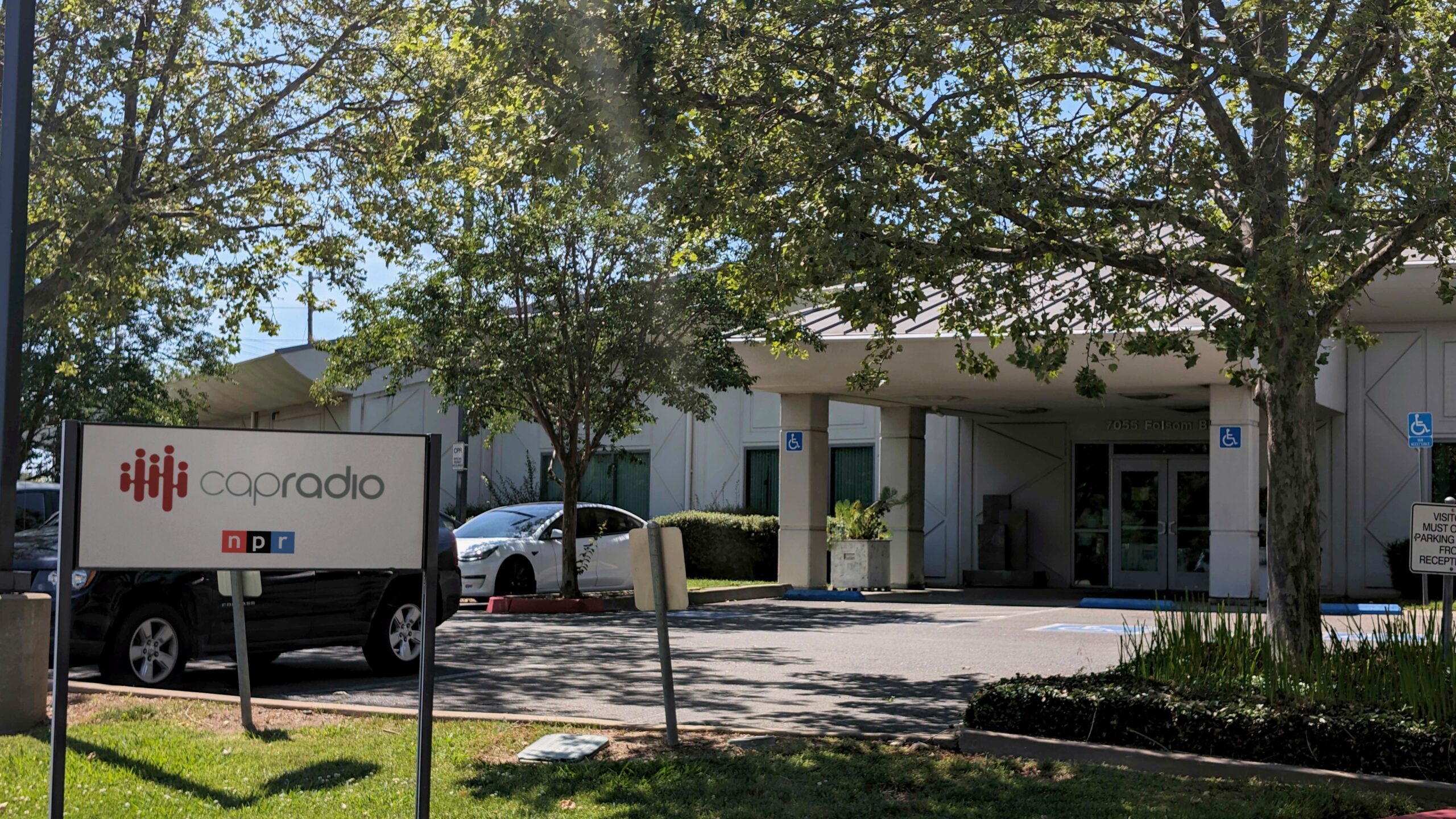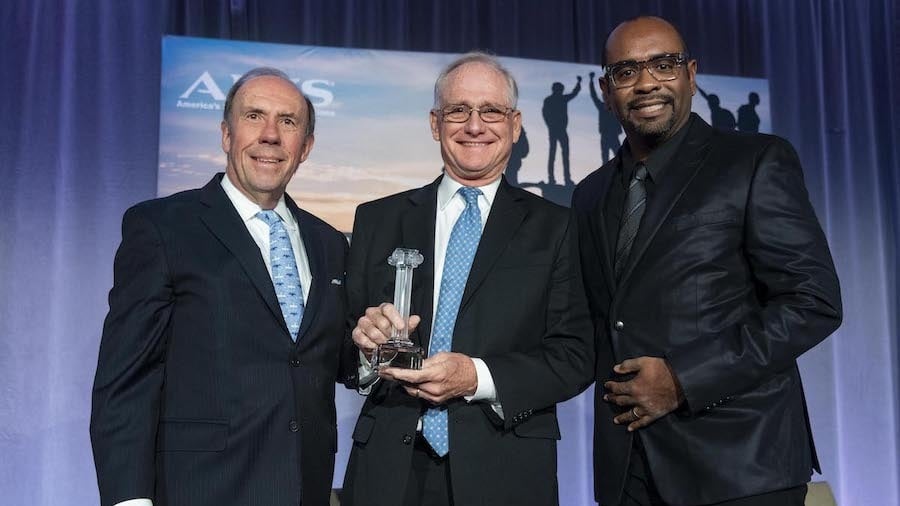Annual CPB report again finds smaller stations trailing in revenues
ORLANDO, Fla. — Attendees at the annual Public Media Business Association conference heard once again about the poor financial health of the system’s smaller stations.
“We’ve been knee-deep in this situation for what feels like forever,” said CPB System Development SVP Ted Krichels, referring to data showing that small TV and radio stations continue to struggle while fundraising grows among larger stations.
The annual CPB data, presented as the “State of the System” report, compared five years of financial data — from FY14–FY18 — among 565 grantees operating 1,520 stations.
Joint licensees account for 76 TV and 110 radio grantees. To avoid skewing the data, CPB excludes financial information from the three largest television grantees and two biggest radio grantees.
The report found that funding of all kinds declined over the 5-year period among the 76 public TV grantees with annual operating budgets under $5 million, out of 159 total grantees.

In addition, four additional stations had taken on a debt-asset ratio of greater than 50% since 2014. Seven more stations now have a ratio of 30–50%. Those 11 stations previously had a ratio of less than 30%.
Smaller radio stations — those in CPB’s data with revenues under $1 million — fared somewhat better, though trends were mixed. CPB funds a total of 406 radio grantees; 185 are in the smaller category.

Broader financial news for the system includes an increase among all radio and TV grantees. Radio revenues grew more than 19% from FY14 to FY18, to $1.1 billion. TV revenues increased 4% to $1.3 billion.

But in both TV and radio, larger stations continue to prosper, widening the revenue gap with smaller stations. CPB defines larger TV stations as having annual income of more than $10 million, medium with income of $5–$10 million. Larger radio stations in the survey have annual revenue of more than $3 million; medium stations have $1–$3 million.

The data reveals the persistence of a troubling trend among smaller TV stations over the past several years, Krichels said.
“This does feel like we need to do something to address this,” Krichels said. “We have a commitment to universal service, but is our system overbuilt? Do we need more consolidation?”
But CPB is “limited” in what it can do to remedy the trouble, Krichels said.






